Mârlănia deputaților de săptămâna trecută a fost demascată și într-un abil exercițiu de comunicare publică. Pe măsura mârșăviei, deputații useliști în frunte cu premierul și liderii Camerei s-au văzut tocați mărunt, pe bună dreptate. Dar scapă ieftin. Pentru că legile cu dedicație sunt – se pare – cu duiumul.
Iulie 2013. Parlamentarii nu stau cu gândul la concedii și votează Legea 185 pe 2013, privind amplasarea și autorizarea mijloacelor de publicitate. O lege bună, în principiu (dacă nu ar intra cu bocancii în descentralizarea pe care o tot așteptăm), cu rostul de a face ordine în publicitatea outdoor din România. O lege grea pentru cei din domeniu, pentru că - în esență – noua lege obligă la demolarea tuturor panourilor de afișaj, relicitarea amplasării acestora, reautorizarea lor etc.
Septembrie 2013. Cel mai mare jucător de pe piața outdoor din România, Euromedia Group, este vândut către ”un grup de investitori români”. Cu – se spune - mai puțin de două milioane de euro, adică mult sub valoarea de piață a companiei cu peste 8.000 de panouri de afișaj în toată țara.
Pot paria că prețul a fost tras în jos, iar tranzacția încheiată și în virtutea apariției legii de care am vorbit mai sus. ”Investitorii români” care au cumpărat sunt niște nume nu foarte cunoscute. Pentru că altcineva e în spatele lor. Cineva aflat acum la putere și la capătul sforilor. Al cărui nume îl bănuiesc, doar.
10 decembrie 2013. În timp ce țara fierbe sub scandalul din ”marțea neagră” pe site-ul ministerului condus de Liviu Dragnea apare un proiect de hotărâre prin care – în esență – termenul de aplicare al Legii adoptate în vară nu mai este 1 ianuarie 2014, ci octombrie 2015. Proiectul este anunțat ca fiind în dezbatere publică timp de 10 zile.
11 decembrie 2013. Țara încă ”arde” sub scandalul modificărilor Codului Penal. Guvernul condus de Victor Ponta se întrunește în ședință și adoptă prin ordonanță de urgență proiectul publicat cu o zi înainte de ministerul lui Dragnea.
Numele din spatele „investitorilor români” e liniștit. Guvernul și Parlamentul au lucrat bine pentru el.
Abonează-te la canalul de WhatsApp al Turnul Sfatului pentru a afla în timp real știrile relevante de la Sibiu: accesează linkul de aici și apasă opțiunea Follow (Urmăriți).
Dacă ți-a plăcut, distribuie articolul și prietenilor tăi
Vizualizari: 356





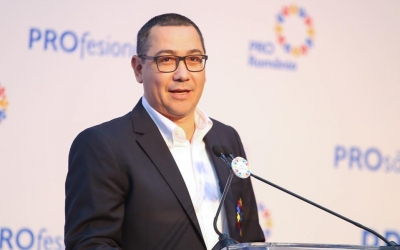
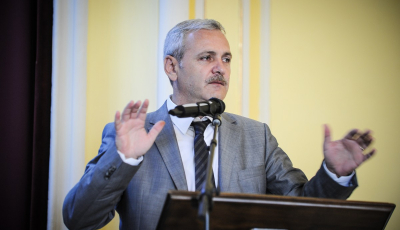

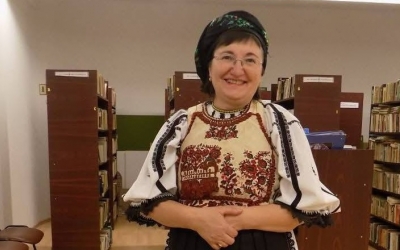

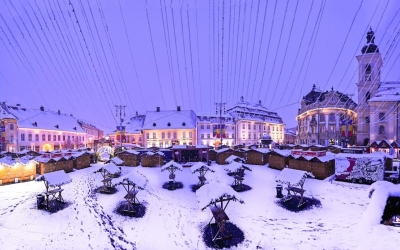



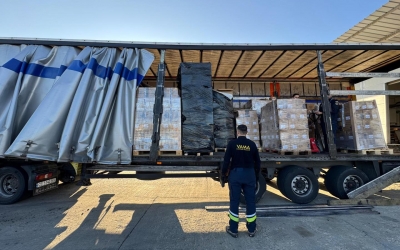

Ultimele comentarii
Acum 2 ore
Ion Iliescu
Acum 3 ore
Iancu
Acum 3 ore
Luca
Acum 4 ore
Bangladeju
Acum 4 ore
Aci Duțu